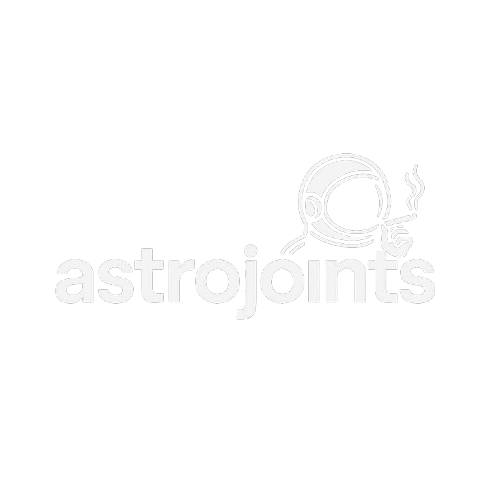How Long Does THC Stay in Your System?
Published on 9/1/2024

Understanding THC Detection
Whether for employment, legal, or personal reasons, it's a common question: how long does THC stay in your system? The answer is complex and depends on several factors, including frequency of use, body fat percentage, metabolism, and the type of test being administered.
How Your Body Processes THC
Unlike many other substances, THC is fat-soluble. This means it is stored in the body's fat cells. As you burn fat, the stored THC is slowly released back into the bloodstream. This is why it can be detected in your system long after you've stopped feeling the effects.
Detection Windows by Test Type
The detection window varies significantly depending on the type of test being used.
-
Urine Test: This is the most common type of drug test. Detection times vary greatly with usage:
- Single Use: Up to 3 days
- Moderate Use (4 times/week): 5-7 days
- Chronic Use (daily): 10-15 days
- Chronic Heavy Use: 30 days or more
-
Blood Test: THC is only detectable in the blood for a short period. It's typically used to determine recent use, such as in DUI cases.
- Detection Window: 1-2 days, but can be longer for chronic users.
-
Saliva Test: Like blood tests, saliva tests are for recent use.
- Detection Window: 1-3 days for occasional users, and up to 29 days for chronic heavy users.
- Hair Follicle Test: This test has the longest detection window. It can detect THC for up to 90 days, as traces of the drug are stored in the hair shafts.
Factors That Influence Detection Time
- Frequency of Use: The more often you use, the longer it takes to clear your system.
- Body Fat: Since THC is stored in fat cells, individuals with higher body fat may retain THC for longer.
- Metabolism: A faster metabolism will process and eliminate THC more quickly.
- Hydration: While drinking lots of water won't flush THC out of your fat cells, it can help dilute your urine for a test.
Disclaimer: This information is for educational purposes only. It is not legal or medical advice. We do not condone illegal activity, and you should always be aware of your local laws and workplace policies.
